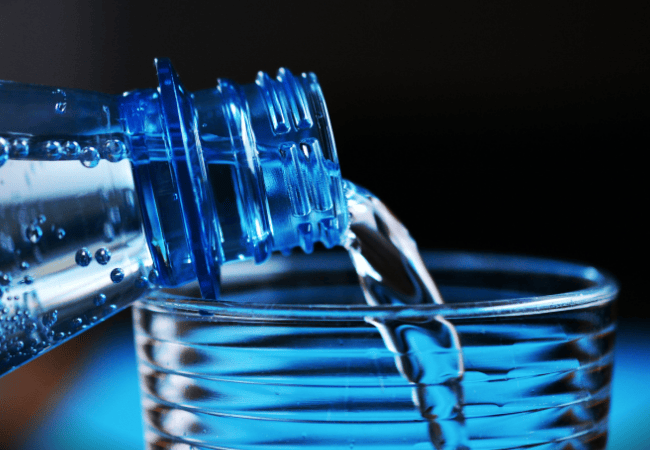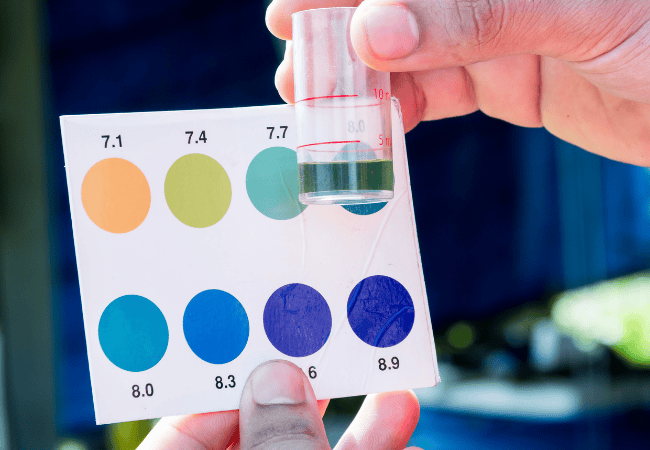

Summary
In recent years, alkaline water has emerged as a major player in the wellness world, promoted as a drink with almost miraculous properties and capturing the attention of lifestyle-conscious consumers. But what is really behind this label? In this comprehensive guide, we analyse the scientific definition of alkaline water (characterised by a pH above 7 and the presence of minerals such as calcium, potassium and magnesium), the different methods of production - from natural sources to electronic ionisation - and above all, we debunk the myth of the 'alkaline diet', which is scientifically unfounded as our body automatically maintains the blood pH at 7.4 through sophisticated homeostasis mechanisms. As DKR, with over 40 years of experience in the distribution of water for professional contexts, we emphasise the importance of an informed choice based on factual evidence rather than misleading marketing, offering technically sound solutions for offices, schools and the Horeca sector that prioritise the quality of hydration and the real needs of the customer.
In recent years, alkaline water has emerged as a major player in the world of wellness and health. Promoted as a drink with almost miraculous properties, it has caught the attention of lifestyle-conscious consumers. But what lies behind this label? What exactly does 'alkaline' mean and what are its real characteristics, beyond marketing?
In this comprehensive guide, we will try to shed light on the subjectanalysing the scientific definition, production methods, claims of benefits and, above all, distinguishing scientific facts from widespread myths.
To understand alkaline water, we must start with the basics of chemistry: the pH scale. The pH (hydrogen potential) is a unit of measurement that indicates the degree of acidity or basicity (alkalinity) of an aqueous solution, on a scale ranging from 0 to 14.
Alkaline water, by definition, is water that has a pH above 7, typically between 8 and 9.5. However, pH alone does not tell the whole story. A key characteristic of quality alkaline water is the presence of dissolved alkalising minerals, such as calcium, potassium, magnesium and sodium. It is these minerals that give water its alkalinity and contribute to its organoleptic profile.

Not all alkaline water is the same. The methods for obtaining it are different and each influences the final characteristics of the product.
One of the mainstays of alkaline water marketing is its supposed link to the 'alkaline diet'. As we have already explored in a previous article on the fake news about waterthis theory is scientifically unfounded. The idea that consuming alkaline foods or drinks can change the pH of our blood to make us healthier ignores the human body's sophisticated and very powerful homeostasis mechanisms.
Our body, through the respiratory system (which excretes carbon dioxide, an acid) and the renal system (which filters the blood), works incessantly to keep the blood pH in a narrow and vital range, around 7.4. Any significant deviation from this value would be a serious medical condition. The water we drink, regardless of its pH, is neutralised by the hydrochloric acid in our stomach (with an extremely acidic pH of 1.5-3.5) before it can even have any systemic impact. The idea of 'alkalinising the body' with water is, therefore, a simplification that is not reflected in human physiology.

While the more extreme claims about the benefits of alkaline water should be taken with caution, attention to the quality of the water we drink is a crucial issue, especially in collective settings such as offices, schools and the Horeca sector (hotels, restaurants, cafés).
A company like DKRwhich has been a leader in the construction and maintenance of water dispensershas been at the forefront of the evolution of this awareness. Providing quality water is no longer an optional extra, but a fundamental element that impacts on several levels:
In today's wellness landscape, the choice of water to consume has become increasingly personalised. What works for one person may not be ideal for another, and the decision should be based on individual preferences and, if necessary, qualified medical advice.
For water distribution companies such as DKR, this means offering flexible solutions that can adapt to different needs. The experience gained over four decades enables us to understand the nuances of each sector: from corporate offices to schools, from restaurants to hotels, each environment has unique characteristics that require specific approaches.
Alkaline water has specific characteristics in the professional hydration landscape, with its value lying mainly in its organoleptic properties and mineral content, rather than in alleged therapeutic benefits that are not scientifically proven.
It is important to clarify that our filtration systems only improve the organoleptic characteristics of the water without changing its chemical composition. DKR maintains a critical stance against promotions of 'miracle alkaline water', which are often accompanied by aggressive sales pitch using medical terminology and extraordinary promises without any valid scientific basis.
The correct approach is to identify the optimal solution to ensure quality hydration in your specific context, based on factual evidence and not misleading marketing. The choice must consider multiple variables: organoleptic preferences of the user, characteristics of the usage environment and realistic service goals.
In a market characterised by often contradictory information and unverified claims, the support of a qualified partner is crucial. DKR, with over forty years of experience, focuses on analysing the customer's specific needs in order to provide technically sound and scientifically based systems, guaranteeing operational efficiency and safety through professional maintenance programmes.
Indeed, the selection of water for companies, educational institutions or accommodation facilities requires technical expertise based on hard facts, not miraculous promises.
Contact us for transparent advice and discover the hydration solution really suited to the specific needs of your industry, based on proven technology and not misleading marketing.